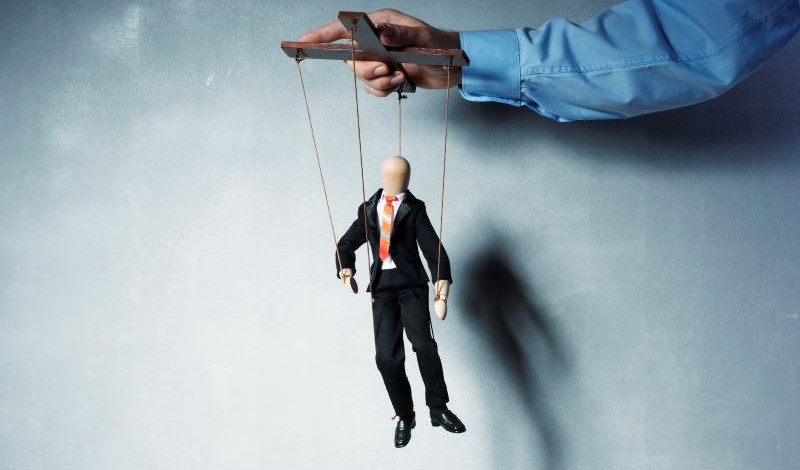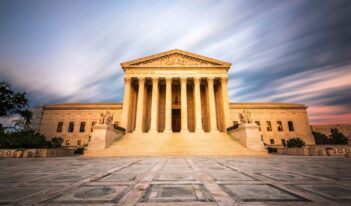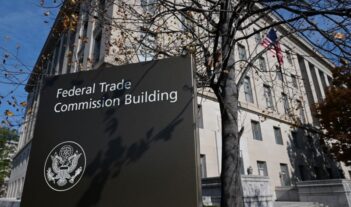
President Trump’s recent executive order attempts to exert improper control over agencies.
Even those who favor a strong and accountable President—as I do—should view President Donald J. Trump’s Executive Order 14,215 with disquiet, if not alarm. The order, issued on February 18, directs all administrative agencies, including multimember boards or commissions, that an agency employee may not “advance an interpretation of the law as the position of the United States that contravenes the President or the Attorney General’s opinion on a matter of law.” According to the order, the President and the Attorney General’s “opinions on questions of law are controlling.”
This unprecedented directive, if upheld by the courts, is likely to reduce administrative agencies into mere puppets of the President and his advisors on all major legal and related policy questions. Remember, what is sauce for the goose—Republican Presidents—will be sauce for the gander—Democratic Presidents—so the legitimacy and acceptability of all administrative agency decisions will be seriously undermined. This order could create a dangerous tit-for-tat world with each change in administration.
The President has a great deal of control over executive department agencies, such as the U.S. Department of the Treasury, the U.S. Department of State, or the U.S. Department of Labor. But in a number of statutes, dating back to the 1914 Federal Trade Commission Act—and earlier—the U.S. Congress has assigned administrative and final decision-making authority to so-called independent multimember agencies such as the National Labor Relations Board (NLRB), the Federal Trade Commission (FTC), and the Board of Governors of the Federal Reserve System.
Subject to the U.S. Senate’s advice and consent, the President appoints the members of these independent agencies. But Congress has limited the President’s ability to remove the members of these agencies without cause to promote the expertise of these bodies and insulate their largely adjudicatory—and in the case of the Federal Reserve, critical money supply—decisions from direct political influence.
In Humphrey’s Executor v. United States, a 1935 case involving the FTC, the U.S. Supreme Court unanimously ruled that because independent agencies are not “purely executive,” but instead exercise some “quasi-judicial” and “quasi-legislative” authority, Congress could provide protection against at-will dismissal of Commission members by the President.
Many, but not all, say that Humphrey’s Executor is not long for this world. The Court may one day soon rule that multimember agencies exercise sufficiently substantial executive power to trigger the President’s responsibility under Article II of the U.S. Constitution to supervise all commissioners who wield executive authority.
But supervision does not necessarily mean control. Even if the President can remove these agency decision-makers at-will, the Constitution insists that the President “take Care that the Laws be faithfully executed.” Where Congress has delegated authority to an agency—and that agency is located outside of one of the executive departments, is structured as a commission with appointees of both major political parties, and has been directed to use specific procedures and authorities to enforce the law—the President is obligated to obey and “faithfully execute” that statute.
Congress has made clear in laws such as the National Labor Relations Act that a five-member board is the agency that administers the statute and renders final agency decisions under it, subject to judicial review. The President’s influence over those decisions is weighty. For the NLRB, for example, the President can appoint a like-minded majority of the agency. He appoints and can remove at-will the agency’s general counsel, who prosecutes violations and conducts trial-type proceedings before the Board. The President can also publicly advise the members of the agency of his views on open issues before the Board or those issues he believes need to be revisited.
But the President cannot compel the agency’s members to be his ventriloquist dummies over “questions of law,” which can easily dovetail into questions of policy. That obligation is what Executive Order 14,215 purports to impose. It should be withdrawn or otherwise invalidated.
The comments and suggestions of colleagues Richard Epstein, David Noll, Wilma Liebman, and Noah Rosenblum are gratefully acknowledged. All persisting errors are the author’s own.




